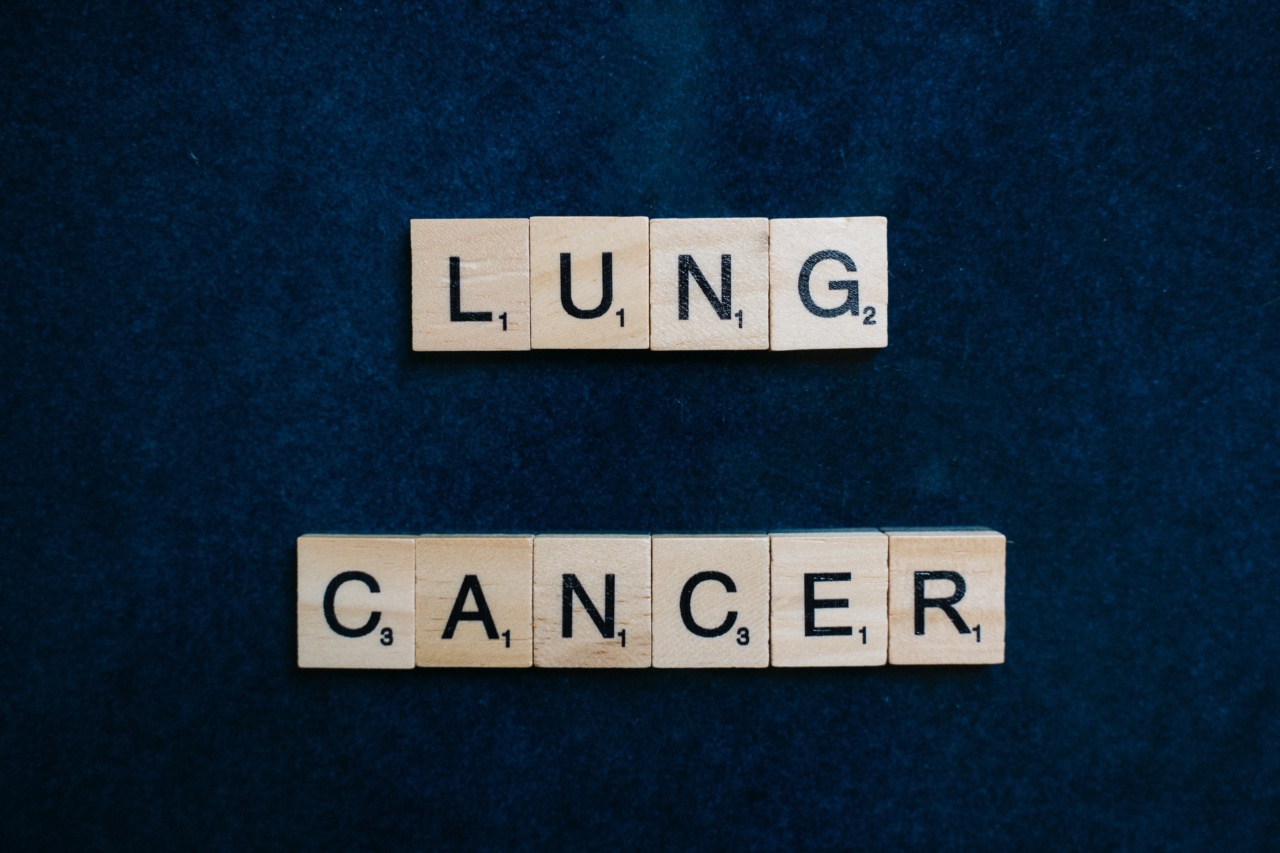Lung cancer is one of the most common and fatal types of cancer globally. It accounts for a significant number of cancer-related deaths each year.
However, with early detection and advancements in treatment options, the survival rates have improved over the years. This article will explore transformative steps that can help in beating lung cancer and improving the quality of life for patients.
1. Early Detection through Regular Screening
Early detection plays a crucial role in successful treatment outcomes for lung cancer. Regular screening, especially for individuals at a higher risk, can help identify cancer at an early stage when it is most treatable.
High-risk individuals include those with a history of smoking, exposure to chemical pollutants, and a family history of lung cancer.
2. Embracing a Healthy Lifestyle
Adopting a healthy lifestyle is beneficial not only for preventing cancer but also for improving the overall prognosis of lung cancer patients.
This includes quitting smoking, eating a balanced diet rich in fruits and vegetables, regular exercise, and avoiding exposure to harmful substances, such as asbestos and secondhand smoke.
3. Exploring Targeted Therapies
Targeted therapies have revolutionized the treatment of lung cancer. These therapies focus on specific genetic mutations or altered proteins within cancer cells, allowing for more effective and precise treatment.
Targeted therapies have shown promising results in improving patient outcomes and minimizing side effects compared to traditional chemotherapy.
4. Immunotherapy for Lung Cancer
Immunotherapy has emerged as a groundbreaking treatment approach for various cancers, including lung cancer. It harnesses the body’s immune system to recognize and attack cancer cells.
Immunotherapy can enhance the patient’s immune response, effectively fighting against the cancer cells while sparing healthy tissues. This transformative treatment option has shown remarkable results in improving survival rates for lung cancer patients.
5. Surgical Interventions
Surgery plays a significant role in the treatment of early-stage lung cancer. It involves the removal of the tumor and surrounding tissues.
Depending on the stage and location of the cancer, different surgical approaches may be used, such as wedge resection, lobectomy, or pneumonectomy. Surgical interventions can provide a curative option for certain patients and increase the chances of long-term survival.
6. Radiation Therapy
Radiation therapy uses high-energy radiation to kill cancer cells or inhibit their growth. It can be used as a primary treatment for localized lung cancer or as an adjuvant treatment alongside surgery or chemotherapy.
With advancements in technology, such as intensity-modulated radiation therapy (IMRT) and stereotactic body radiation therapy (SBRT), radiation treatments have become more precise, reducing damage to healthy tissues.
7. Chemotherapy and Combination Therapies
Chemotherapy remains a cornerstone in lung cancer treatment, particularly for advanced stages of the disease. It involves the use of drugs to kill rapidly dividing cancer cells.
Often, chemotherapy is combined with targeted therapies or immunotherapies to enhance treatment effectiveness. Newer chemotherapy drugs have improved outcomes and reduced side effects, making them more tolerable for patients.
8. Palliative Care and Supportive Services
Palliative care focuses on providing relief from symptoms and improving the quality of life for lung cancer patients. It is an integral part of the treatment plan, addressing physical, emotional, and psychological needs.
Palliative care teams collaborate closely with patients, their families, and oncologists to manage symptoms like pain, nausea, and shortness of breath. Supportive services, such as counseling and support groups, can significantly assist patients and their loved ones throughout the treatment journey.
9. Clinical Trials and Innovative Research
Participating in clinical trials can offer access to groundbreaking treatments that are not yet widely available.
Clinical trials play a pivotal role in advancing lung cancer research, discovering novel therapies, and exploring targeted treatment options. Patients should discuss with their healthcare providers the possibility of enrolling in clinical trials to explore potential transformative treatments for their specific condition.
10. Emotional and Mental Well-being
Coping with a diagnosis of lung cancer can be emotionally challenging. It is essential for patients to prioritize emotional and mental well-being, seeking support from loved ones, professional counselors, or through support groups.
Practices like meditation, relaxation techniques, and maintaining an open line of communication with healthcare providers can help reduce stress and promote a positive mindset throughout the treatment journey.




























